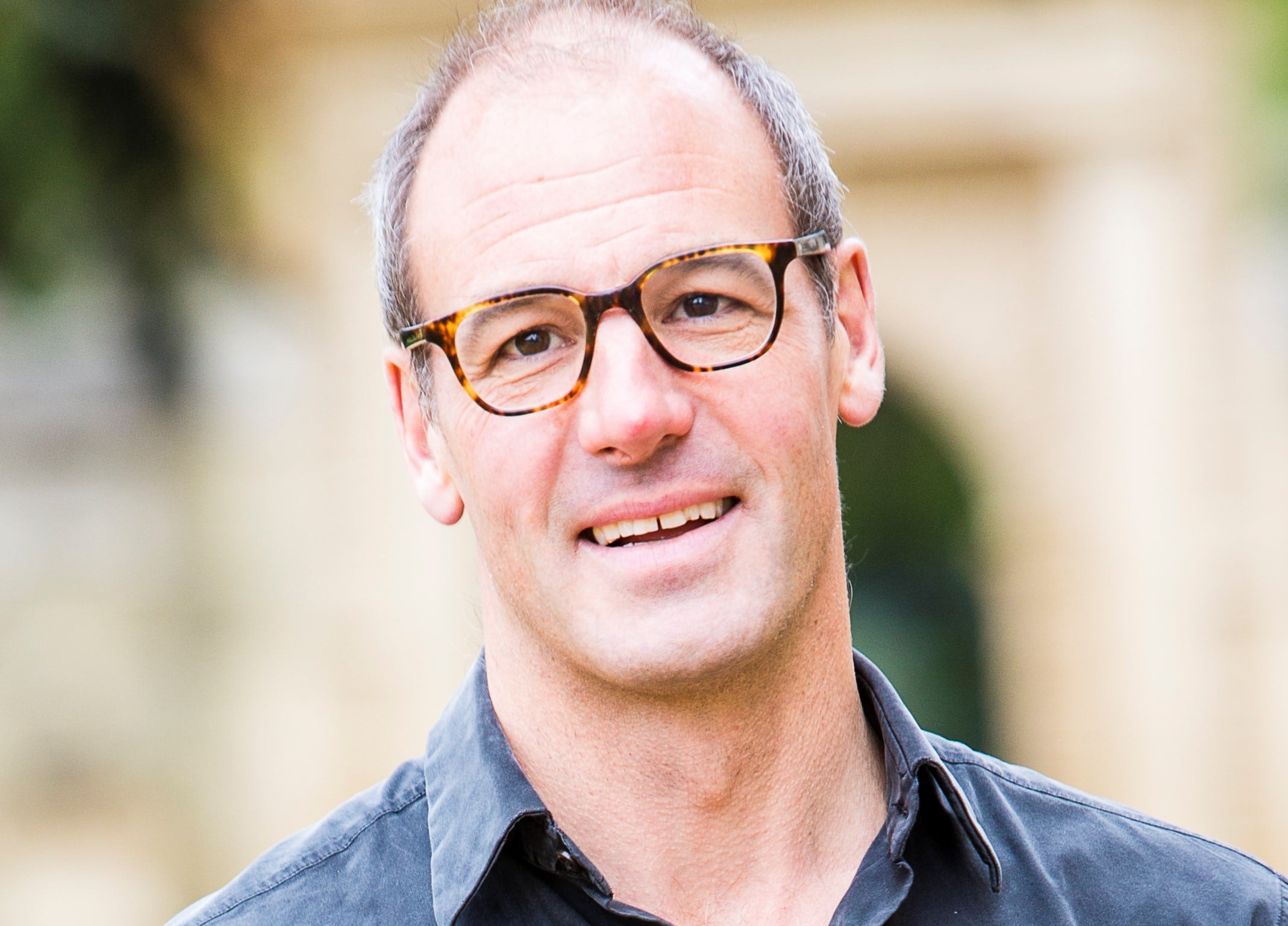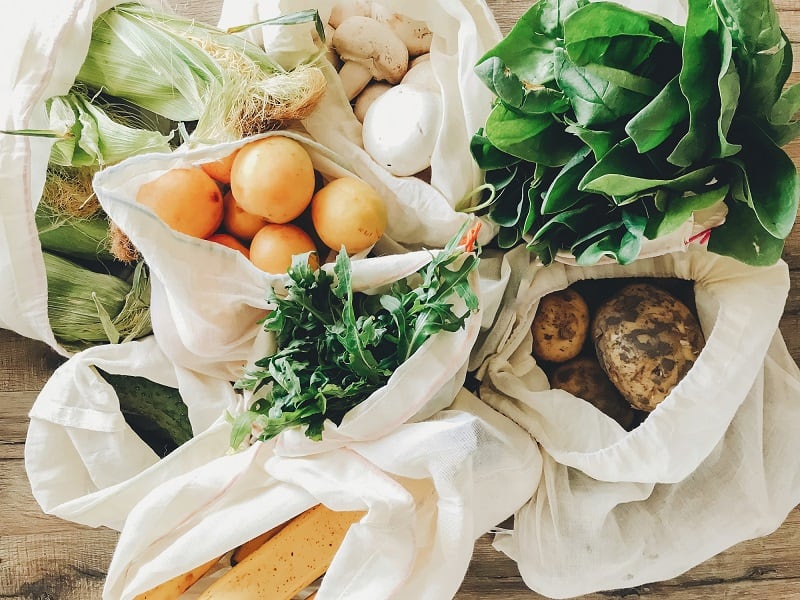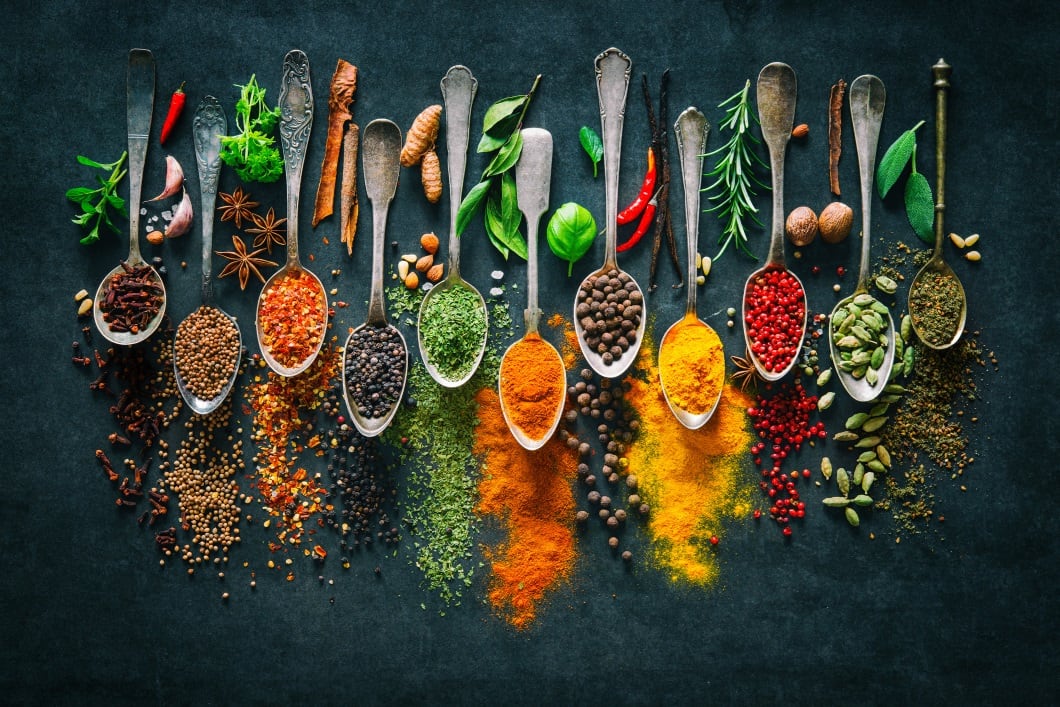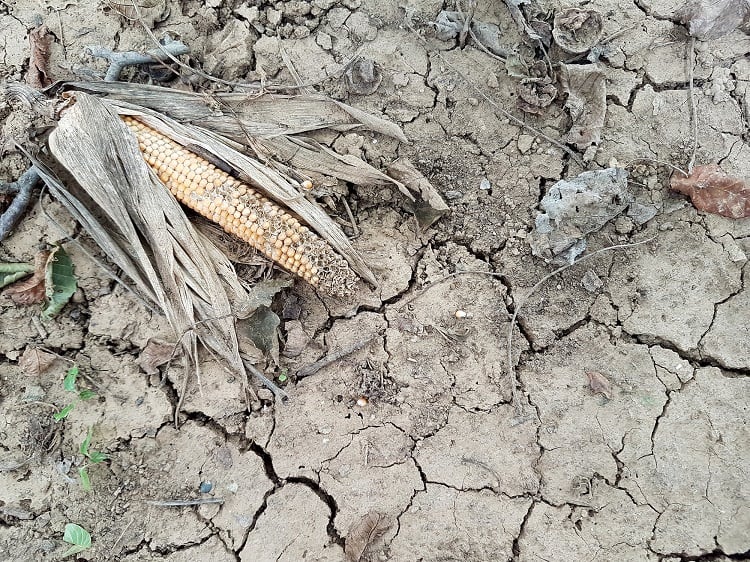With ever more consumers demanding food brands be increasingly environmental and ethical, companies themselves face the challenge of avoiding solving one problem by creating another.
In the plant-based space, for example, there is evidence of a growing backlash against meat analogues that cannot demonstrate their clean label credentials.
The challenge is also evident in the area of plastic packaging innovation, according to Giles Gibbons, founder and CEO of Good Business, an organisation that helps businesses better understand their environmental impact.
Take Unilever’s recent commitment to halve its use of new plastic and speed up its use of recycled plastic. The likes of WWF and Greenpeace criticised Unilever for not committing to more. But Gibbons believes the solution to the plastic pollution problem lies in recycled plastic and not in phasing it out altogether. Plastic, he submits, doesn’t have to be the villain. "It's a good packaging solution because it's incredibly durable. The downside is it's incredibly durable. Its positive is its negative,” he told FoodNavigator.

We need to use packaging materials more effectively, he explained, by holding them in a ‘closed loop system’ and then reusing them. “That's far better than saying 'we’re never going to use plastic again' and moving to another material which may well have more climate change implications than using exiting plastic. We don't think that is an intelligent way forward."
Intelligent ways forward, he contended, include recycled plastic that’s used as many times as possible and doesn’t ‘fall out of the system’ to go on to pollute rivers and oceans.
“People say it can only be reused 10 times - that is changing. It's not like aluminium which can be used infinitely. But I think they are getting better and better at changing it so you can use it again and again.”
Additives that can be put into plastic so that it disintegrates when it hits sea water are another exciting development. "What we're going to see over the next months is some really interesting innovations coming that will hopefully resolve some of the actual problems relating to plastic -- rather than the perceived problems.”
The ‘perceived problem’ surrounding plastic, is that it’s more of a sea and river pollution issue as and not so much a climate change issue, he explained. What’s more, to take plastic out of the food chain “would be a disaster for climate change” as it would accelerate the negative consequences of food waste.
This relationship is often lost on consumers, according to those on the food industry. However, Gibbons made the point that on the whole “it can be only positive when consumers get behind an issue and drive genuine change”.
Falafel fallacies
The plant-based trend – fuelled among other things by a desire among consumers to reduce their carbon footprint -- is another area where misconceptions exist. "Around 15% of the average person's carbon footprint comes from their diet and the majority of that comes from meat and particularly beef,” noted Gibbons. “But it is beef farmed in a particular way.”
The beef industry, he claimed, has failed to be clear about the differences between different types of beef farming and ‘therefore the whole of beef is being put into one block’. “Even in the chicken market people know the difference between free-range and battery and caged. They just haven’t achieved that in beef,” he said.
"The truth is we eat too much meat. We should eat more plant-based just from a health perspective. And if this consumer pull can move people to eat less meat and a more balanced diet, that will be really brilliant thing. If that reduces meat consumption at the lower end of intensive grain-fed beef farming, then that is a good thing."
He continued: “One of the fundamentals of regenerative farming is that you have livestock because they deliver a fundamental part in fertilizing that land and making it better to store carbon in the soil and deliver nutrients.
“The concept that livestock shouldn’t be a part of our farming community is utterly misguided. But I do think that we need to take out the bad part of farming and if a consequence of that is that people eat more plant-based food and change their diet, then that's going to be an incredible positive outcome.”
‘We’re at a turning point’
Good Business began in 1996. It’s worked with the likes of Coca-Cola and the Kellogg Company, helping them manage their social and environmental impacts.
"We're at a really interesting inflection point at present,” said Gibbons.
Over the past nearly 25 years his organisation has given big corporate firms the tools to measure, manage and act on their non-financial impacts. In many ways they are doing that, he noted, but they are ‘not doing it fast enough for the changes that are happening in society’.
“Climate change continues to take over, and equality is prevalent in most communities,” he told us. “2020 is a real turning point where business needs to go from evolution to transformation. And when it goes to transformation it will get the support of consumers, government, investors and shareholders.”
The halo effect
But it is often complained that many big companies jump on the bandwagon of sustainability issues to benefit from something of a halo effect. Unilever CEO Alan Jope, for one, has warned this fact threatens the industry’s credibility.
Gibbons’ message to food firms is to recognise that climate change and equality are two ‘totemic issues’ that are an increasingly important part of consumer preference. Those using commitment to sustainability and social responsibility “as a communications technique are going to be caught out. People want to see real change - if they don’t see change I genuinely believe they will start to change their consumer behaviour."





